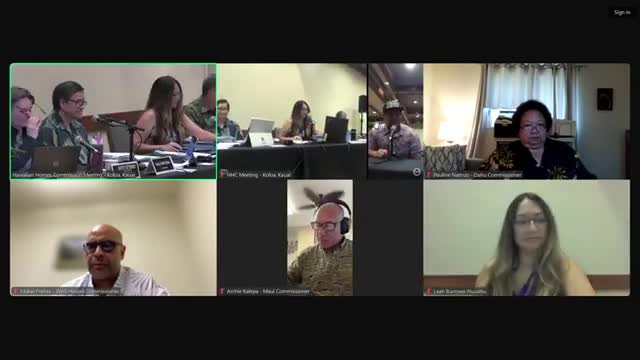Article not found
This article is no longer available. But don't worry—we've gathered other articles that discuss the same topic.
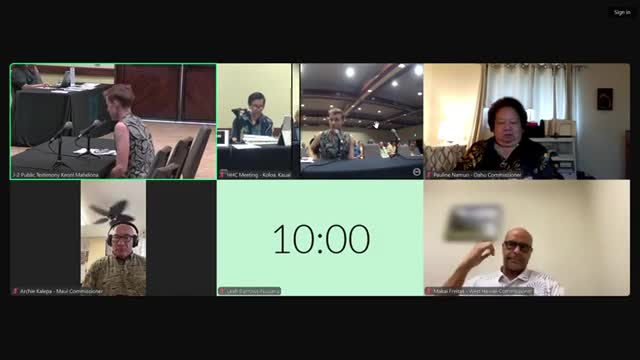
Residents warn DHHL plan for Waipoli Courtyards could force many off Kauai
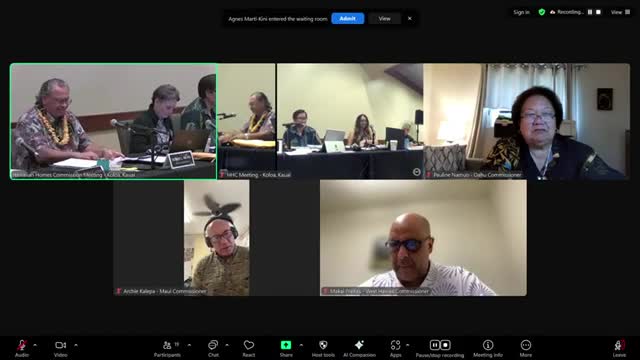
Hawaiian Homes Commission approves FONSI for Kalaupapa electrical rehabilitation
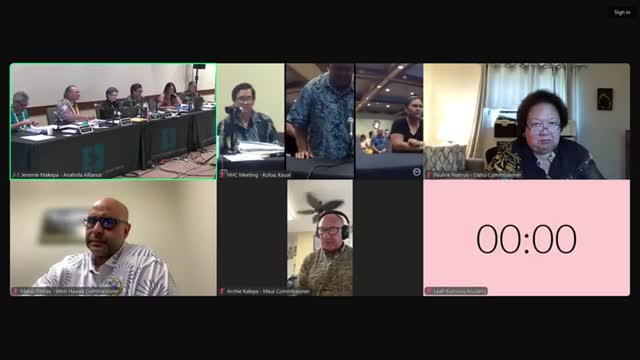
Family seeks guidance after decades‑old Anahola lease becomes fractionated; DHHL staff to advise
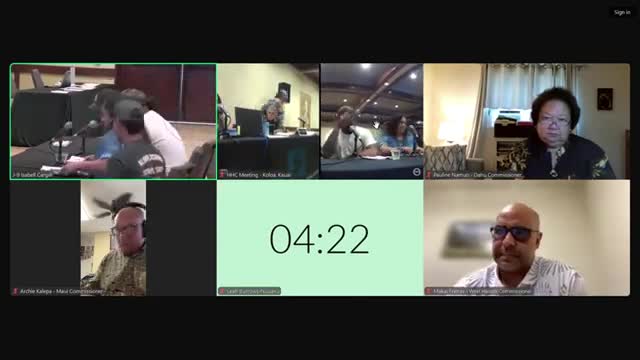
Family members press commission on succession of Anahola lease after lessee's death
